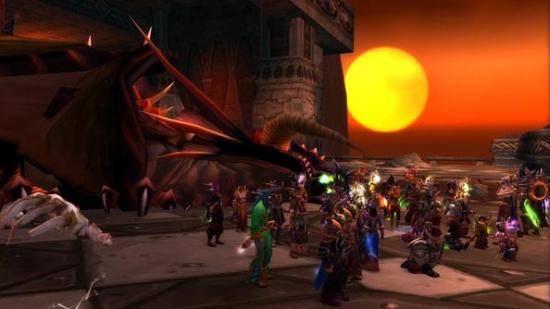There are those that take their gaming time too far, to the extent that it negatively impacts their lives, their careers, and their relationships with friends and family. But according to a new study from Cardiff University, gaming addiction might not be a real condition – at least, not as the Diagnostic and Statistical Manual of Mental Disorders describes it.
Check out the biggest upcoming games on PC.
There are currently nine criteria for “internet gaming disorder,” an area of interest for the American Psychiatric Association that has not yet properly been classified as a mental disorder. The study reports that almost nobody fits the five of nine criteria necessary for diagnosis, according to New Scientist.
Of more than 2,000 regular online game players surveyed, only nine met the criteria for the disorder. When the participants were questioned again six months later, none still met the requirements for diagnosis.
The study suggests that rather than game addiction itself being a problem, those who struggle with too much game time are instead filling a hole caused by sources of unhappiness in other areas of their life. Symptoms of gaming disorder had been reduced in participants who had found greater satisfaction in other areas of their life.
It seems none of this is to say that spending too much time in-game, but rather that gaming addiction serves as a symptom of more general unhappiness. Nonetheless, psychological organizations and game developers alike have taken steps to mitigate gaming’s role in those problems. The British National Health Service began treating game addiction in 2015 alongside porn and online shopping habits, Valve even began adding healthy gaming timers in Dota 2 last year.
